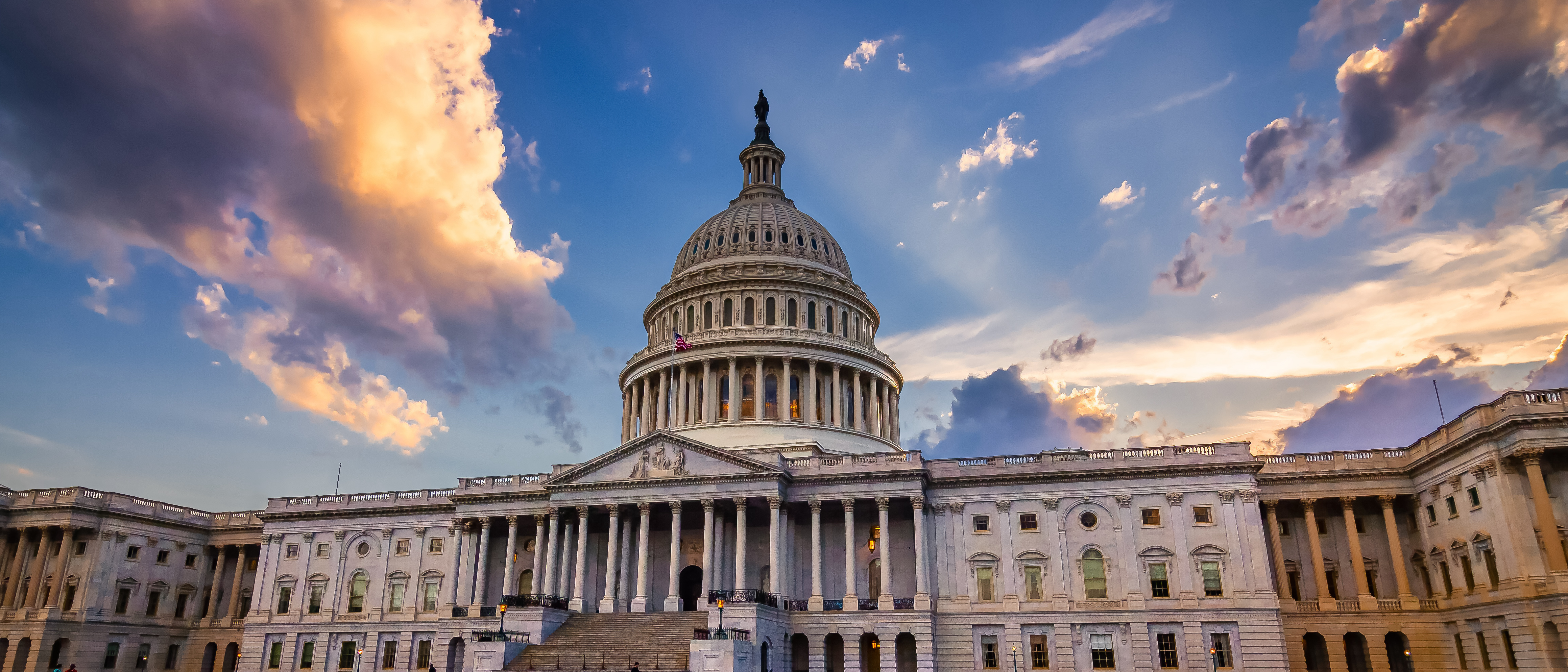FCC's Genachowski intensifies campaign for spectrum auction
FCC Chairman Julius Genachowski is campaigning hard for broadcast spectrum auctions, arguing that "the costs of delay are significant and grow every day."
Speaking recently at the Washington headquarters of Living Social, an online coupon/deal site, Genachowski said the Internet is now so important that our economy cannot survive without it. "If you shut down the Internet, you'd shut down the economy," he said. "In the digital age, broadband is our innovation infrastructure."
In order to free up more spectrum for mobile broadband, Genachowski said "the single biggest step is voluntary incentive auctions" of broadcaster-controlled spectrum. The spectrum proposal "has been supported by a number of TV station owners who recognize that these auctions would be a win-win," he said.
"This proposal enjoys broad and bipartisan support," Genachowski continued. "Companies representing a trillion dollars in revenue have supported it, from mobile to tech to consumer electronics. More than 110 of the nation's leading economists have endorsed it, including Nobel Prize winners and former members of both Republican and Democratic administrations."
The spectrum auction, the chairman said, is an incentive-based approach, grounded in strong free-market principles, which would free up large blocks of spectrum for mobile broadband while preserving a strong and healthy TV business. It would generate $25 billion for taxpayers.
Genachowski said passage of the spectrum auction legislation by Congress is exactly the kind of step the government can take to help unleash investment, create jobs and raise billions of dollars that could go both to deficit reduction and to fund the mobile broadband public safety network recommended by the 9/11 Commission.
However, he said, even with all the progress and bipartisan support "this bill still hasn't become a law" even as "a spectrum crunch looms."
Get the TV Tech Newsletter
The professional video industry's #1 source for news, trends and product and tech information. Sign up below.
Broadcasters, through their lobby, are concerned that the repacking of stations the FCC will need to do to create a sufficiently large stretch of bandwidth could reduce their coverage areas, increase the possibility of interference and limit their ability to offer a range of services like mobile DTV and multicast channels.
